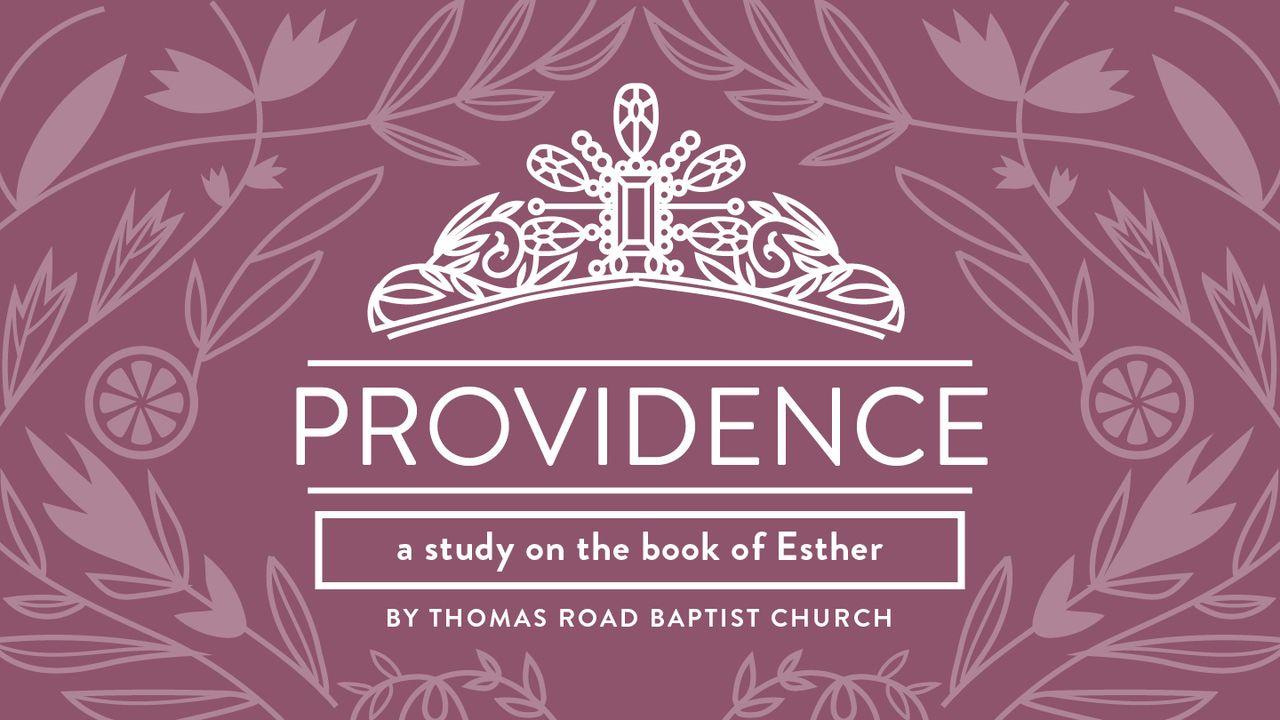Providence: A Study in Estherਨਮੂਨਾ

What does it say?
The Jews defeated their enemies, and the Feast of Purim was established.
What does it mean?
A divine reversal of events occurred in today’s passage. On a day intended for the annihilation of the Jewish people, God’s redemption led to the destruction of their enemies, the very people who intended to destroy them. The edict from Haman had empowered many enemies of the Jews throughout Persia. By allowing the Jews to defend themselves, God judged their enemies in the region. Rather than a day of fear and mourning, the victory established a national day of celebration.
How should I respond?
Battles and warfare are common throughout Scripture. Many passages in the New Testament refer to the Christian life as spiritual warfare (Rom. 7:23, 2 Cor. 10:4; Eph. 6:11-17, 1 Tim 6:12). While a spiritual battle is usually a difficult and unpleasant experience, it is the means by which God makes His power known to both His enemies and His children. What spiritual victories have you had personally? Why not take a day to celebrate these victories, to remember them, to recount them to friends and family, and to thank God for them? Do you have difficulty recalling any? Then begin with the day of your salvation, and celebrate God’s reversal of your personal destiny.
ਪਵਿੱਤਰ ਸ਼ਾਸਤਰ
About this Plan

The book of Esther is set during the period of exile when God's people are scattered across the Persian empire. As nefarious men plot against the Jews, Esther reminds us that even in dark days God is providentially guiding and protecting His people.
More
Related Plans

OVERCOME Lust WITH TRUST

The Mandate to Multiply.

Lessons From Some Hidden Heroes in the Bible

Your Prayer Has Been Heard: How God Meets Us in Seasons of Weariness and Waiting

Hope in Creator’s Promises

Adversity

When Heaven Touched Earth - a 7 Day Journey to Christmas

Scriptures and Hymns to Grow Your Joy This Christmas

What the Bible Says About Advent - 29 Days of Advent Meditations
